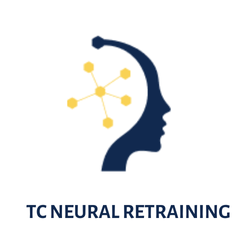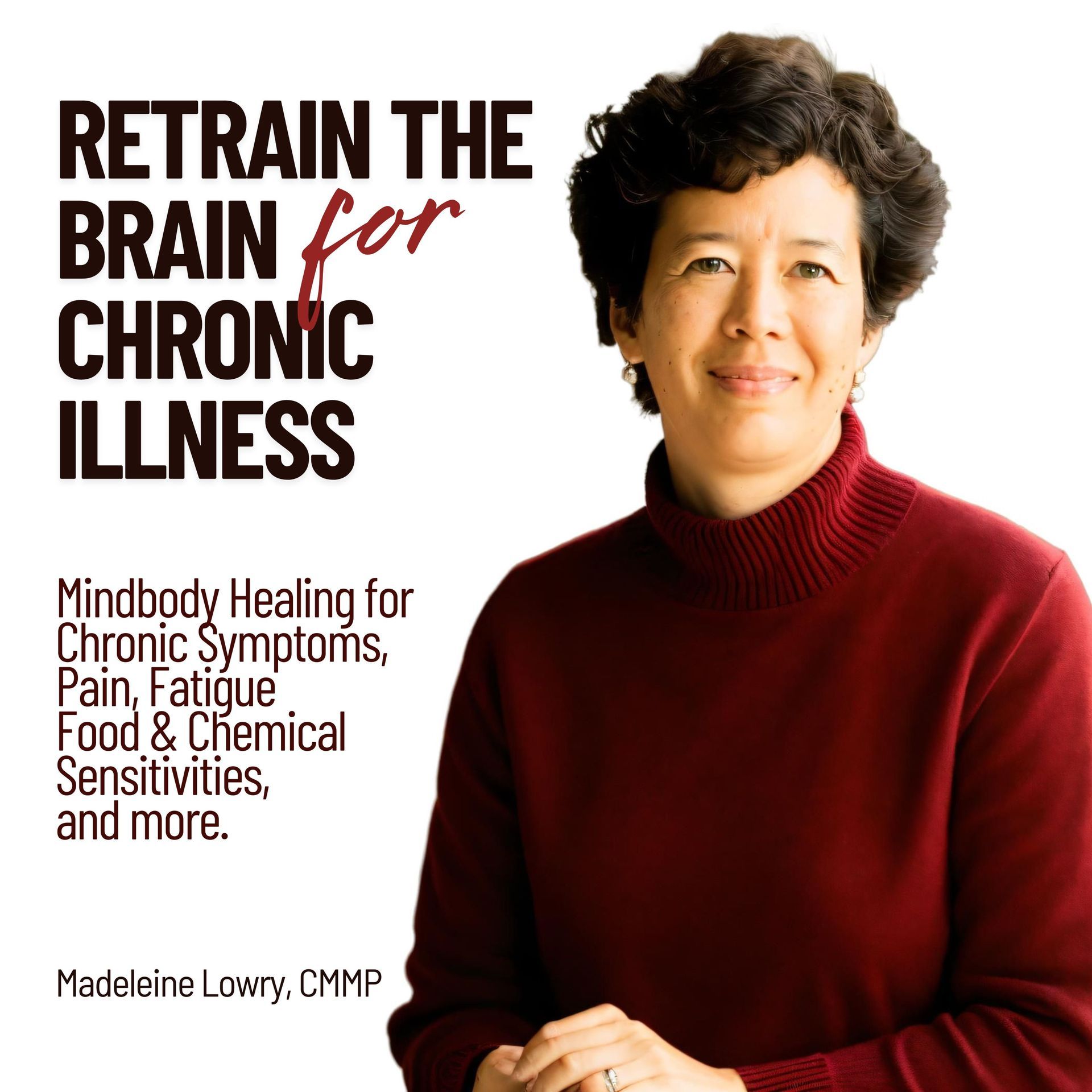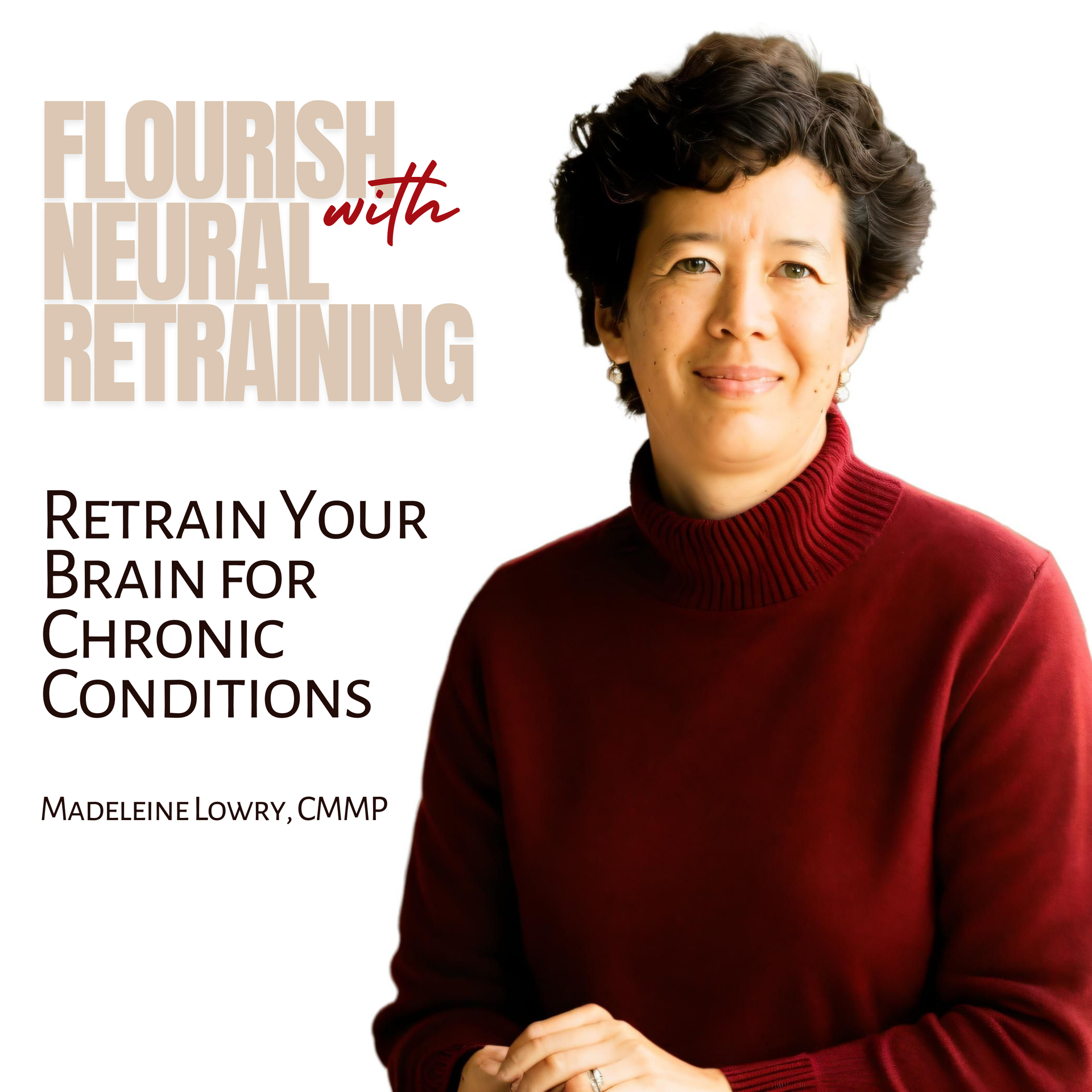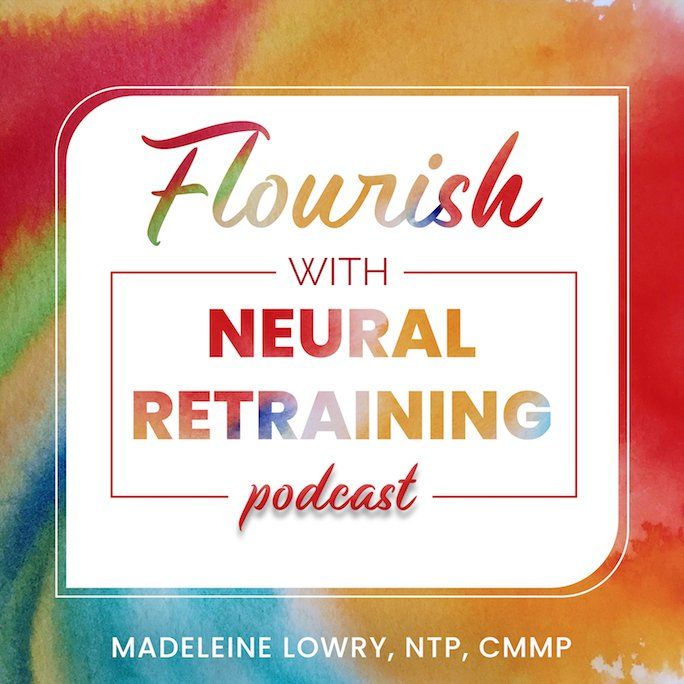Will the MAP Method Work for Me?
Learn more about the latest energy psychology method and who can benefit from MAP sessions.

If you've come across the MAP Method of advanced neural retraining in your research, you may have heard that it represents a quantum leap over other energy psychology methods such as tapping and EMDR. Or that it's a significant advance over basic neural retraining methods including DNRS or Gupta. So, now you may be wondering if it is something you would benefit from.
And the short answer is, yes, most people do. Do you have to believe in anything? No. Do you have to have special skills to benefit from sessions? No. Having done thousands of MAP sessions for people of all stripes, I can tell you that the vast majority of people who opt to try the method are responsive to it from their first session.
Characteristics of non-responders
There is a small group, probably less than 5% of new clients, who don't respond to the method. The reasons for this vary, but they generally fall into a few groups:
- People who believe it won't work. Your mind is in control of each session, and if you believe it won't work for you, you will be right.
- People who are cut off from or have no interest in emotions.
- People in a constant high state of panic.
- People who are coerced to try it. Or those that are not open to help at this time.
- People who are on significant doses of benzodiazepine medications, such as Xanax, Valium or Klonopin. That class of drugs seems to interfere with the brain's ability to rewire itself. (Though I still recommend trying one session as I have had clients on low or infrequent doses that still respond well.)
Once you've had a one-hour Introductory MAP Session over Zoom and confirm that you're responsive to MAP, you are ready for longer sessions. Follow-on sessions are generally 90-minutes, though younger people (children and teens) or those with short attention spans may choose to continue with 60-minute sessions.
As a practitioner, it is interesting to see how new clients respond to their first experience of MAP. There is often a sense of disbelief at the end of the session when I ask them to revisit the painful memory we started with and they realize that the intense feelings that usually accompany it feel much more neutral. They can still remember the memory--nothing has been erased--but it feels more distant. Some people report that the memory feels fuzzier or less distinct. They regard it as "just something that happened to me." The other comment people make is: "I feel lighter."
Part of the disbelief is the concern that the effect is going to be temporary. In fact, the memory feel just as neutral, and maybe even more so, the next day, as more rewiring may occur while you sleep. It will continue to feel that way. When we say the the effects of MAP sessions are durable, this is what we mean.
Now, please understand that the objective of a MAP session is not limited to neutralizing one memory. Each session harnesses the power of the subconscious mind to identify related memories and neutralize clusters of memories. Which memories? Those that are related by the emotional signature. So, if the memory we have chosen to work with is a memory of being embarrassed or afraid, the subconscious mind will identify associated memories that feel the same way and process them as a batch. This contributes to the speed and power of the method.
The side benefits, such as a feeling of peace, lessening of anxiety, repetitive negative thoughts, or physical symptoms after a session may be temporary because it is likely that there are more memories contributing to that pattern. It generally takes a few sessions for emotional patterns to change, a few more for mental patterns (like worrying or catastrophizing) to resolve and a few more for physical symptoms.
Why? Because there is increasing complexity in these patterns as we move from emotional to mental to physical, therefore resolving the patterns and changing that programming requires the cumulative effect of multiple sessions.
Who is likely to be gifted?
Now, it is true that there are certain kinds of people that have a natural affinity for the MAP Method. They tend to be emotionally sensitive, intuitive, or empathic. They may be creative or artistic. And anyone with a strong meditation or prayer practice is also an excellent candidate because they have developed their ability to access the 'no-mind' state that is conducive to processing MAP instructions.
Let me emphasize that you do not have to be "gifted" to benefit from MAP Method sessions. As long as you can relax, with your eyes closed, focus on a memory and how it makes you feel, it is very likely that you will benefit. A good part of the appeal of MAP is that it does not require much from the client, and the experience is gentle and easy.
It's also perfectly okay to be skeptical of the method, as long as you are not closed-minded to the process. It's okay to have doubts about how it works, as long as you are not preoccupied with these kinds of thoughts and judgements during the actual session when your mind is trying to rewire itself!
While no neural retraining method is perfect for everyone, I do think that one advantage of the MAP Method is that we can usually figure out if it's effective for you in the first couple of sessions. That's why I offer an Introductory Package that includes the first three sessions: a 60-minute Introductory MAP session, plus two more 90-minute sessions.
Reason to give the MAP Method a try
Applications for the MAP Method are many, but generally they fall into a few categories:
- Emotional — trauma, PTSD, phobias, fears, and other negative mood states: anxiety, panic attacks, depression, anger, shame, grief, etc.
- Mental — negative repetitive thought patterns, incessant worry, lack of mental focus, inner critic, limiting beliefs, etc.
- Behavioral — compulsions, phobias, self-defeating behaviors, eating disorders, personality traits such as perfectionism, people pleasing, procrastination, etc.
- Physical — optimize healing for chronic symptoms and conditions including: fatigue, pain, brain fog, IBS, sleep issues, immune dysregulation, sensitivities (food, chemicals), low thyroid, autoimmunity, chronic infections (Lyme, COVID, EBV), infertility, and more.
The applications are extensive and while it may seem unlikely that working with the mind could have such broad effects, if you are inclined to give it a try it is best to start with an emotional topic or a phobia.
Once you've seen success in one area, you may feel more encouraged to continue with sessions for more complex issues. Generally, we see resolution on the emotional level first, then the mental/behavioral. Again, physical symptoms and chronic health conditions take longer and resolve as a result of the cumulative effect of multiple sessions.
Learn more
- Read the related articles: What is the MAP Method of Neural Retraining? and What is the Difference Between Basic and Advanced Methods?
- See comments and reactions from clients.
- Hear client stories on our podcast: Flourish with Neural Retraining
- Learn more about MAP and how it works with our free courses at MAPforHealth.us
- Try MAP for yourself by scheduling an Introductory Session or registering for the MAP Introduction Program.
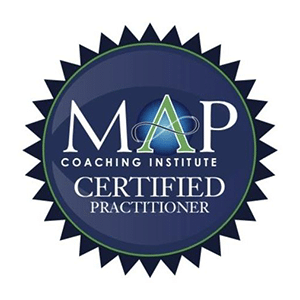

Madeleine Lowry, NTP, CMMP
Certfied MAP Method Practitioner
Madeleine specializes in neural retraining for chronic conditions. As a Nutritional Therapy Practitioner, she worked with many clients who were interested in eliminating allergies, sensitivities and intolerances. After learning a basic method and seeing its limitations, she trained in an advanced method of retraining the brain and now offers MAP sessions over Zoom and online self-paced programs for Anxiety/Depression, Sensitivities, Chronic Pain, Self-Healing, and COVID Long.
Related Posts

